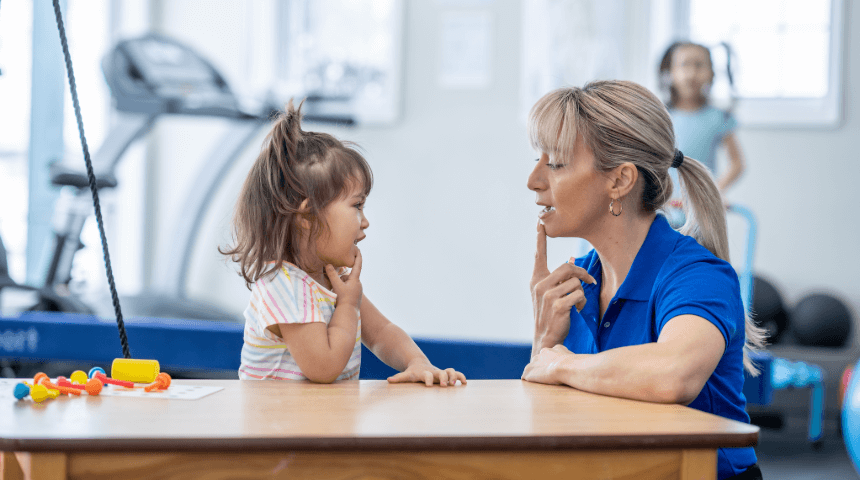Kids discover their world through play, and it’s essential to their development. Taking a break from the structure of school or daycare to explore their creativity and build key skills can have a profound impact on a child’s mental and physical health.
In fact, the United Nations High Commission for Human Rights considers play so important to achieving optimal child development that it is recognized as a basic right of every child.
From selling cupcakes at an imaginary bakery to playing a game of catch, play helps children build social, communication and problem-solving skills, and hones their fine and gross motor skills.
The purpose of play is constant no matter the age or stage of development, but as a child grows the activities will evolve to meet individual needs.
Ages newborn to 2
Much of discovery at this age is sensory, so small children put toys in their mouths as a way of determining function and texture. Activities like stacking blocks, rolling a ball or matching shapes can help to build fine and gross motor skills, and interacting with other babies and adults is fundamental to creating a foundation for communication and social skills.
At this phase of development, play isn’t always organized. Toddlers use play to explore and understand their world as well as learning how to convey their wants, needs and feelings.
Ages 2 to 5
At preschool age, children learn the importance of sharing and rule-following. This is often accomplished through simple board games that require following directions or taking turns.
Imaginative games such as dress up, playing house or grocery store all help children learn how society functions, acquire the social skills needed to interact with others and learn about consequences.
In playing these games, children imitate the observations of what they see at home, so it’s an excellent time to integrate skills such as cleaning up into play time.
Ages 5 to 12
As children enter grade school, the focus of play shifts to building strong social and interpersonal skills.
At this stage, they begin to establish their own bonds and friendships, and understand the important of compromise, sharing and taking turns.
Since most of the day is spent sitting at a desk or taking part in structured activities, providing an opportunity to interact with friends and release pent-up energy is especially important.
Play Is Still Important for Teens — Just Different
Play continues to be central to growth even as your child enters their teen years, but the definition of play continues to evolve to meet their social and emotional needs.
Whether they're involved in a sport, club or simply taking part in an activity with friends that centers around their interests, play at this age focuses on finding something your child enjoys that also relieves stress.
It can be difficult with busy schedules and an abundance of commitments, especially as your child gets older, to make time for unstructured play, but try to set aside at least 30 minutes to an hour after school each day to allow for fun.
Choose to Stay in Touch
Sign up to receive the latest health news and trends, wellness & prevention tips, and much more from Orlando Health.
Sign Up





